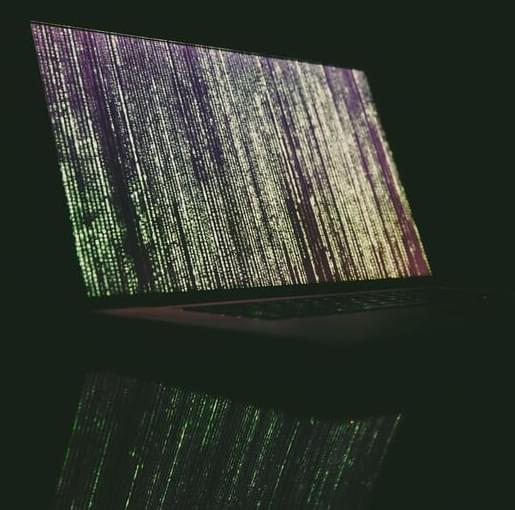India will invest 120 billion rupees ($1.6 billion) to add new lines to transmit electricity from renewable plants as it seeks to draw half of its energy requirement from greener sources by 2030.
Dedicated transmission lines of 10,750 circuit kilometers will be built across seven provinces under the second phase of the so-called green energy corridor project, Information and Broadcasting Minister Anurag Thakur said in New Delhi. The project, approved by Prime Minister Narendra Modi’s cabinet on Thursday, will be completed by 2026 and transmit 20 gigawatts of renewable energy capacity, he said.
India is targeting to build 500 gigawatts of installed power capacity from non-fossil sources by 2030, which would require a transmission network to enable clean electricity to flow from plants to consumers. The new lines will also help integrate renewable energy into the national grid and contribute to long-term energy security, according to the government.








